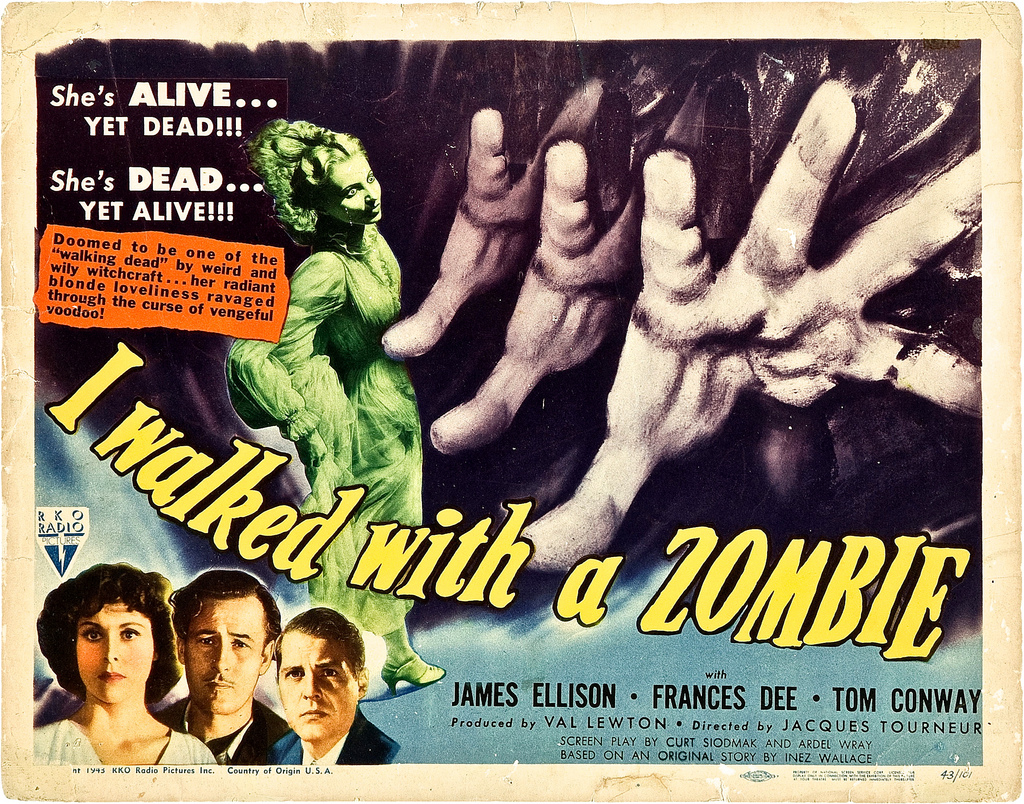on behalf of Richard Wallis, Faculty of Media & Communication, Bournemouth University.

There’s something reminiscent of the zombie in the UK’s policy for education about media. To the surprise of many, media literacy is enshrined in law (Communications Act 2003), and Ofcom has a statutory responsibility to ‘promote’ it. But media literacy as imagined by the policy makers who put it into statute, is long dead. The stalking corpse that is occasionally identified as such, is likely to be one of a rag-bag of policy priorities that have, from time to time, inhabited and reanimated the cadaver.
This is the conclusion that David Buckingham (Loughborough University) and I have come to after an extensive examination of media literacy policy in the UK since the end of the last century. Having previously described its policy’s journey into legislation, this new article explores what has happened since, looking particularly at how Ofcom came to define it, and ultimately, how the elasticity of this term came to be its undoing. We argue that over time, media literacy has been progressively reduced in scope, and in the process, its broader educative purpose has become marginalized. Today, if not altogether dead, the policy is governed by entirely different priorities to those imagined at its birth – the gloomy fate of the undead.
Richard Wallis & David Buckingham (2016): Media literacy: the UK’s undead cultural policy, International Journal of Cultural Policy, DOI: 10.1080/10286632.2016.1229314.
Article available at :http://eprints.bournemouth.ac.uk/24724/
 BU Briefing – Media literacy: The UK’s undead cultural policy
BU Briefing – Media literacy: The UK’s undead cultural policy Tessa Jowell’s farsighted vision for media literacy was ahead of its time
Tessa Jowell’s farsighted vision for media literacy was ahead of its time










 From Sustainable Research to Sustainable Research Lives: Reflections from the SPROUT Network Event
From Sustainable Research to Sustainable Research Lives: Reflections from the SPROUT Network Event REF Code of Practice consultation is open!
REF Code of Practice consultation is open! BU Leads AI-Driven Work Package in EU Horizon SUSHEAS Project
BU Leads AI-Driven Work Package in EU Horizon SUSHEAS Project ECR Funding Open Call: Research Culture & Community Grant – Apply now
ECR Funding Open Call: Research Culture & Community Grant – Apply now ECR Funding Open Call: Research Culture & Community Grant – Application Deadline Friday 12 December
ECR Funding Open Call: Research Culture & Community Grant – Application Deadline Friday 12 December MSCA Postdoctoral Fellowships 2025 Call
MSCA Postdoctoral Fellowships 2025 Call ERC Advanced Grant 2025 Webinar
ERC Advanced Grant 2025 Webinar Update on UKRO services
Update on UKRO services European research project exploring use of ‘virtual twins’ to better manage metabolic associated fatty liver disease
European research project exploring use of ‘virtual twins’ to better manage metabolic associated fatty liver disease